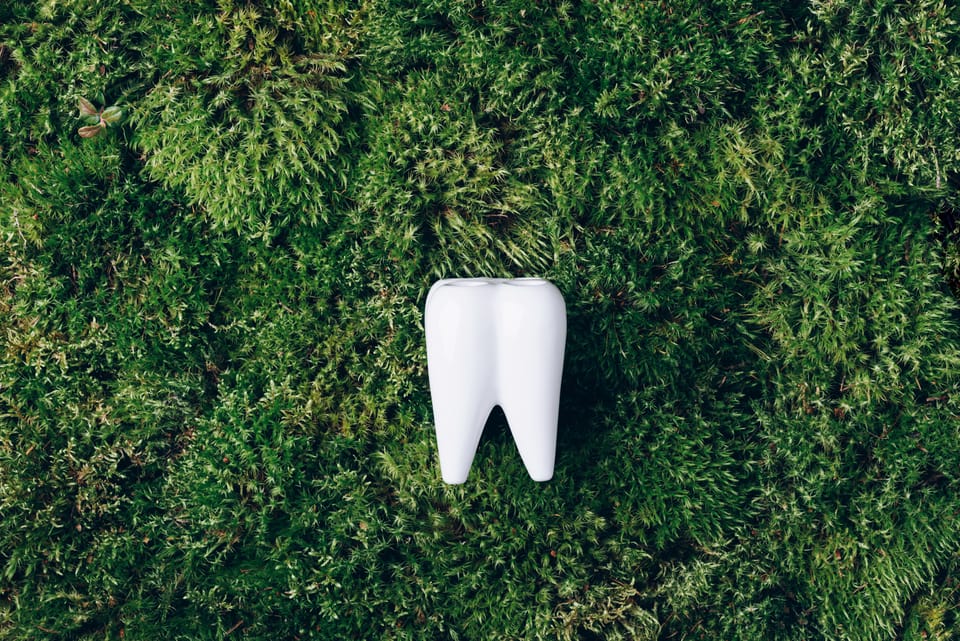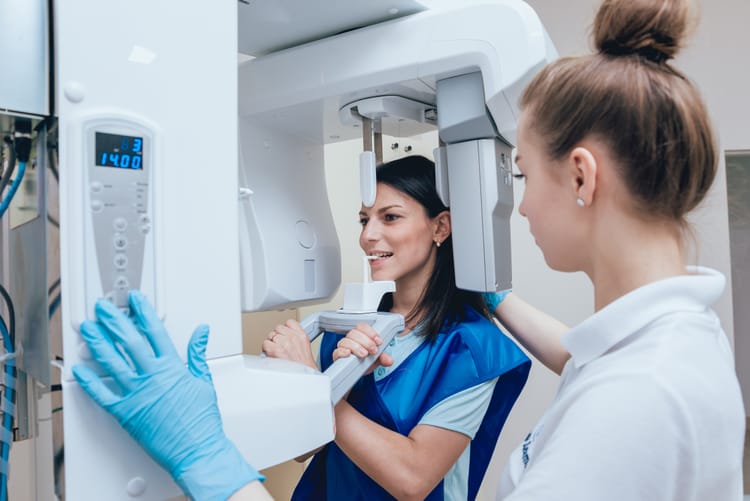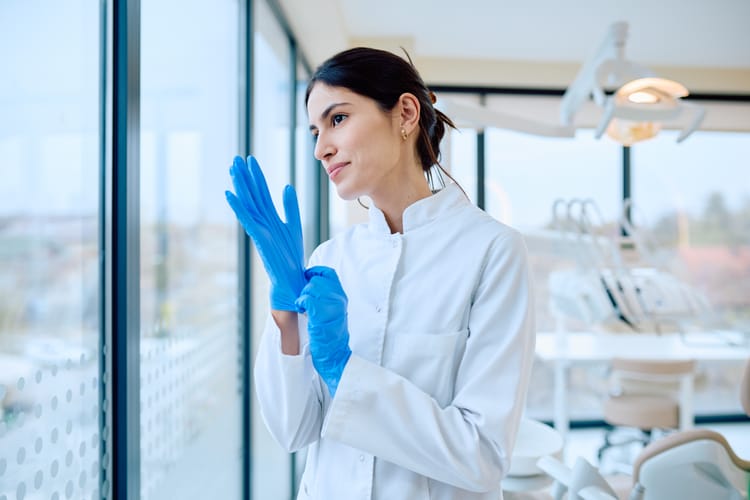Time to transition to holistic care?

Standard practice is being redefined. This week, we look at the clinical promise of eggshell-derived biomaterials, the role of the microbiome in oral health and new data on burnout and staff turnover inside dental teams.
We also go inside a holistic practice with Dr. Nellie Sutherland of Chicago’s Choices in Dentistry, who shares her clinical approach and addresses common misconceptions about integrative care.

Eggshells and biomaterial. Chicken eggshells might be a valuable source of dental biomaterial. A recent review of 17 studies indicated several dental applications, including regenerative endodontics, for hydroxyapatite derived from these birds' eggshells.
Holistic health and the microbiome. During the GBT Summit 2025 in London, gut health scientist Megan Rossi, PhD, will deliver a keynote speech on the microbiome's connection to holistic and oral health. She will talk about why dentists should be paying attention to the microbiome and its impact on patient care.
Stress among dental nurses. Dental nurses and dental nurse trainees feel the stress that is common in the dental profession. A new study highlights the prevalence of burnout in these roles and the importance of mentorship.
The key to combatting turnover. Staff turnover is a big challenge in dentistry. In an episode of "Gloves Off," David Rice, DDS, and Louis Kaufman, DDS, MBA, talk about building and maintaining a team.

'Oral health affects the entire body'
As more patients question what goes into their bodies, dentists are facing new kinds of conversations—about materials, systemic health and personalized care. Few are better positioned to speak to this shift than Dr. Nellie Sutherland, DDS, of Choices in Dentistry in downtown Chicago.
Since joining the integrative practice in 2019, led by Dr. Patty Gilleran, DDS, Dr. Sutherland has embraced a holistic model that blends traditional techniques with a whole-body mindset. “We are always considering how oral health affects the entire body,” she says. In this conversation, she breaks down persistent misconceptions, explains the clinical value of salivary and biocompatibility testing, and shares how collaboration and open-mindedness are reshaping care. -Brent LeBlanc
What does it mean to be a holistic dentist, and how does your approach differ from traditional dentistry?
Holistic or integrative dentists look at patients as a whole, instead of their individual parts. This means looking at the root causes of issues and emphasizing prevention by treating issues at the source, rather than being reactive and treating issues when they are already causing problems. We also try to use materials that are the most biocompatible when possible, and we always recommend safe, non-toxic, natural products to our patients to use at home.
Where do you see holistic dentistry fitting into more traditional dental practices—is there overlap or opportunity for integration?
I think not only dentistry, but healthcare in general, is trending towards a more holistic approach. I think over time we will see traditional offices starting to stray away from toxic materials like amalgam fillings that contain mercury and move more towards biocompatible options. At our office, we still utilize many traditional aspects of dentistry, so it’s not that we avoid traditional methods altogether, but we always consider what is the best treatment for the individual patient as a whole and utilize both holistic and traditional methods and materials.
For dentists curious about incorporating holistic principles, what are a few simple changes they could consider making?
I think the first thing to change is to be open-minded about holistic philosophies and listen to the concerns of holistic patients rather than dismiss them. Most holistic patients are simply trying to make informed decisions regarding their personal health, and it’s our job as healthcare providers to help guide them.
In practice, I think starting with something easy like salivary testing (we really like Bristle Health) gives dentists an opportunity to start giving more tailored treatment to their patients. I hope that will help them see that not every patient has the same needs, and telling every patient to just “brush and floss more” isn’t addressing their needs.
Responses have been edited for brevity and clarity.
Continue reading the full interview on our website, dentalbite.co

How restorative dentistry improves lives
Restorative dentistry is about more than aesthetics. In an article for Dental Economics, Aditya Bhawsar, BDS, MDS, writes about the profound impact that restoration can have on patients' mental health and overall quality of life. Following a restorative procedure, patients can have improved speech, nutrition, confidence and professional opportunities.
Why it matters: Dentists can provide life-changing restorative treatments for their patients, improving lives and practice success. (Dental Economics)
New technology aims to break down dental data siloes
Coordination between dental and medical providers is valuable, but it is complicated by data interoperability. Indiana University researchers developed a new app designed to make it easier for dental practices to access patients' relevant medical history. A National Institutes of Health (NIH) grant will help the team behind the app expand it and bring it to dental practices.
Why it matters: Dentists often lack access to comprehensive, current electronic health record data, but this new technology could improve interoperability and increase access to patient records. (Healthcare IT News)
ADA leadership on the future of dentistry
In an episode of "ADA Dental Sound Bites," American Dental Association (ADA) President Brett Kessler, DDS, and Richard Rosato, DMD, ADA president-elect, speak about what they see as the top issues impacting the future of dentistry including changes to the federal government, shifting practice models and insurance reform.
Why it matters: The ADA is a prominent voice for the dental community. Hearing from its leadership can help dental professionals keep a pulse on what matters most for their industry. (ADA)

- New report: Dental polishing market value to reach $3.5B
- Newsweek names dental insurer top workplace for women
- Ozone therapy in periodontitis treatment
- New partnership to give toothbrushes to kids in need
Don't be a stranger.
💠 Reply to this email to connect with our team.
💠 Forward Dental Bite to your colleagues.



